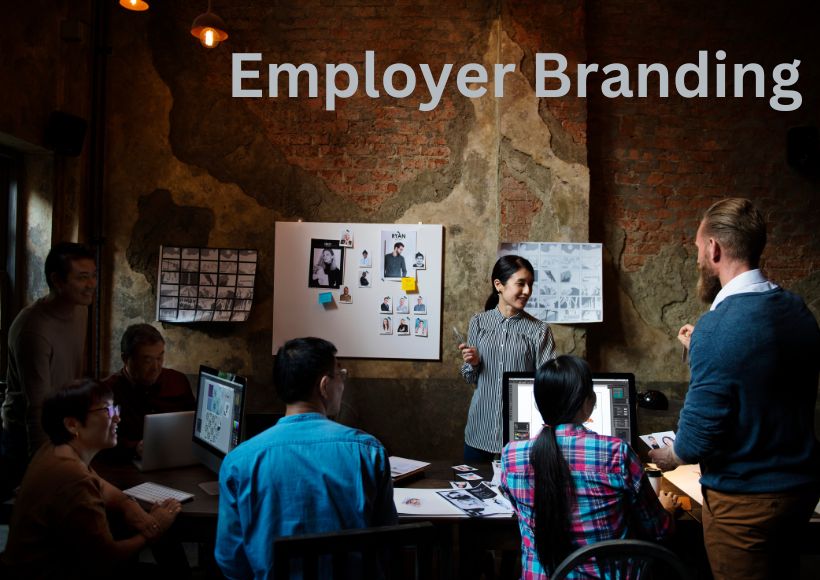Here’s What Startups Are Doing To Get Top Talent

Here’s What Startups Are Doing To Get Top Talent: They have been on the market for a few years. They offer lower salaries than yours. They don’t even compete on the stock market. But emerging companies attract talent. Those new professional profiles that your company also needs and is not capable of conquering.
It doesn’t drop bombs, it doesn’t leave victims behind, and it doesn’t need a trained army to develop. The ‘war’ in which the companies of the 21st century are immersed is much more silent than the usual battles. His goal is not to conquer territories or win battles: the most coveted trophy of this contest is to attract the best talent.
Headhunting companies have proliferated because the need for great minds has increased. Companies are finding it increasingly difficult to attract workers who meet all the expected requirements for their workforce. Along with this objective, the need to find something differentiating to retain those already part of the company is also beginning to emerge. Brand. Here’s What Startups Are Doing To Get Top Talent
If this task is already arduous, things get even more complicated with entering the scene of emerging countries. Latin American or Asian nations begin to compete with North America and Europe to attract the brightest minds. One only has to look at the data published in October 2017 by Great Place to Work and Fortune magazine on the 25 best companies to work for: Brazilian, Peruvian, and Chilean companies appear in the ranking… And Spanish?
Five Keys To Attracting Talent From Developed Countries
Faced with such a demand for talent, emerging countries must find a way to attract the best-prepared brains to their networks. The lure of working for a Western company is still deeply embedded in the hearts and minds of college graduates.
Many still believe that the advantages of employment in nations such as the United States, Denmark, or France are more significant than in companies located in developing countries. Indeed, many professional tasks are like that.
Companies in emerging markets need help to win the ‘war’ for talent. The infrastructure, education and quality of life each country offers determine when professionals decide to ‘move’ or not to a new destination to work.
That is where the policies of each of the governments come into play since only with their collaboration will it be possible to overcome those barriers that –for now– stop the arrival of talent from developed countries.
According to an article published by the World Economic Forum, there are five areas where work could be done to achieve the goal: Here’s What Startups Are Doing To Get Top Talent
1. The Importance Of Education.
Allocating resources to education is key, and not just in technical areas. It is also about promoting ‘soft skills’ – abilities such as empathy, positive leadership, etc. – from an early age. Here’s What Startups Are Doing To Get Top Talent
2. Assimilate The Advantages Of Developed Countries.
To make it attractive to work in emerging countries, these nations must ensure that employment conditions and career prospects in multinationals have room for improvement. This way, their employment will be as attractive as working for a Western firm.
3. Break Barriers.
Another challenge would be attracting talent from other countries to the nations of origin and the rest of the world. Here’s What Startups Are Doing To Get Top Talent
4. Improve The Quality Of Life.
Governments must achieve cities where life is pleasant, affordable, and environmentally responsible. It escapes no one that China, for example, needs help attracting talent to its territory due to the poor living conditions recorded in many of the country’s main towns. Air quality and traffic congestion prevent many foreigners from finding a job ‘moving’ attractive. Here’s What Startups Are Doing To Get Top Talent
5. Under Similar Conditions.
Countries would have to ensure that local companies would not pay a premium for talent. In the long run, this would undermine the competitiveness of both companies and the economy in general.
Also Read: What Are The Critical Challenges And Risks Of The Blockchain?




